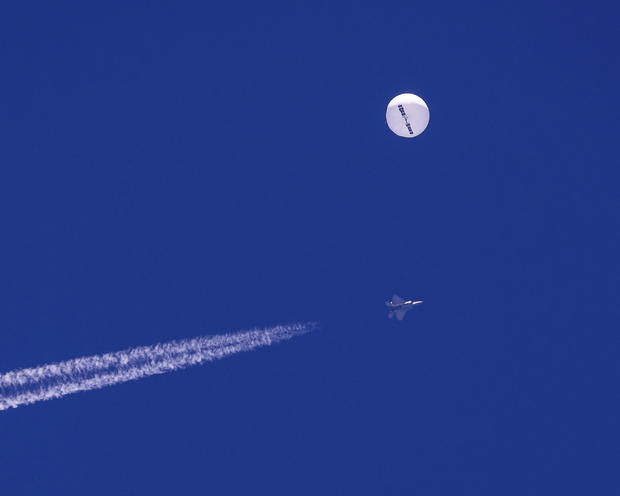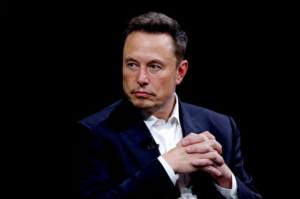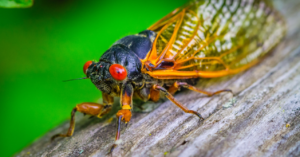CUA Reacts to the Chinese Spy Balloon

Image courtesy of CBS News
By Noah Slayter
Two weeks ago, a Chinese surveillance balloon made its cross-country journey before being shot down by the U.S., resulting in an FBI investigation. Afterward, the House of Representatives unanimously voted to condemn China’s “brazen” actions. As other UFOs are shot down over numerous states, though the White House says they were not connected to China, members of the CUA community react to the confirmed Chinese balloon and Chinese-American relations.
Dr. Andrew Yeo, Director of Asian Studies (Politics Department):
“My first reaction was that this was terrible timing on the part of China as the U.S. Sec. of State was just about to embark on an important trip to Beijing. The second was how a massive balloon went undetected until reaching Montana – of course, later the Biden administration revealed they had been tracking the balloon since it approached Alaska a few days earlier. If it weren’t for Sec. Blinken’s upcoming trip to China, I assume the Biden administration would have been less reserved in shooting down the balloon over Alaska.”
In reference to the possibility of a cold war with China, Dr. Yeo said that the globalization of economies has tied both China and the US together, although we are seeing a “bifurcation with U.S. export controls on China, and Biden is pressing its allies to also comply and not export advanced chips and /tech to China.” Adding that US-Chinese communication has been “far and few inbetween,” there’s a risk that a Cold War is in the future, based on his assessment.
Chloe Masaitis, Sophomore History Major and Asian Studies Minor:
When considering the time it took for the U.S. to shoot down the surveillance object, Masaitis argued that the government would have a lot to consider before targeting the balloon, including the possibility of putting people below the balloon in danger.
When asked about China and the U.S. potentially entering a cold war, she stated, “I think it depends on intentionality, given that the US and China are on a competitive level, now, though what we see as a ‘cold war’ will look drastically different than it did from the Cold War between the U.S. and the USSR. A big forefront will be in AI, I believe, instead of nuclear missiles, so, quite honestly, we will have to wait and see.”
Lastly, she emphasized why she felt it’s important to distinguish the people of China from the Chinese government, stating, “It’s very easy to generalize nowadays and we have to realize that inflammatory statements meant to divide people against other people will not resolve the conflict or the potential for conflict.”
Audrey Clement, Sophomore Business Major:
“I was a little bit concerned, but not super worried, when I heard about the balloon. Like I wasn’t a whole conspiracy theorist who was freaking out about it.” Clement said. She thought the balloon could have been potentially dangerous, so she wished Biden had shot down the balloon sooner. “They should have been more suspicious of it,” she added, “China is the bigger threat to America than even Russia.” Clement was also concerned with Biden’s Policy with China, stating, “[C]ompared to how Trump handled China, Biden hasn’t been that strong.”
Felipe Avila, Freshman Nursing Major:
“I was initially baffled to learn that the ‘spy balloon’ entered our nation’s airspace without immediately being shot down.” Avila thought it was “comedic” that a “spy balloon” would cause an “uproar” in America, but Avila said he eventually saw how dangerous the surveillance of “sensitive military sites” could be.
When asked whether Avila believed the U.S. and China were set to have a cold war in the future, he commented, “I believe that we are quickly approaching a Cold War with China. The United States and China share a high level of economic interdependence, which reduces the likelihood of war.” The freshman then mentioned how Taiwan’s “threatened sovereignty” could force the U.S. into war. Avila said he believes China is the United States’ greatest enemy at present due to its “rapidly modernizing military and its desire to become a technological leader.” This was shown, he said, by China’s recent “espionage and cyber attacks” that divulge China’s intent to become a world superpower.
Michael Ellison, Sophomore Philosophy Major:
Ellison was surprised he had not heard of this “phenomenon” before since it was supposedly a “big thing.” He added that it seemed as if not enough investigation was occurring on the balloon’s course of action.
When asked if Ellison believed we were in a cold war with China, he said, “I wouldn’t say we are in a cold war currently, even though tensions between our two nations are at a high point. I think it will depend on how we handle things in the future.”






